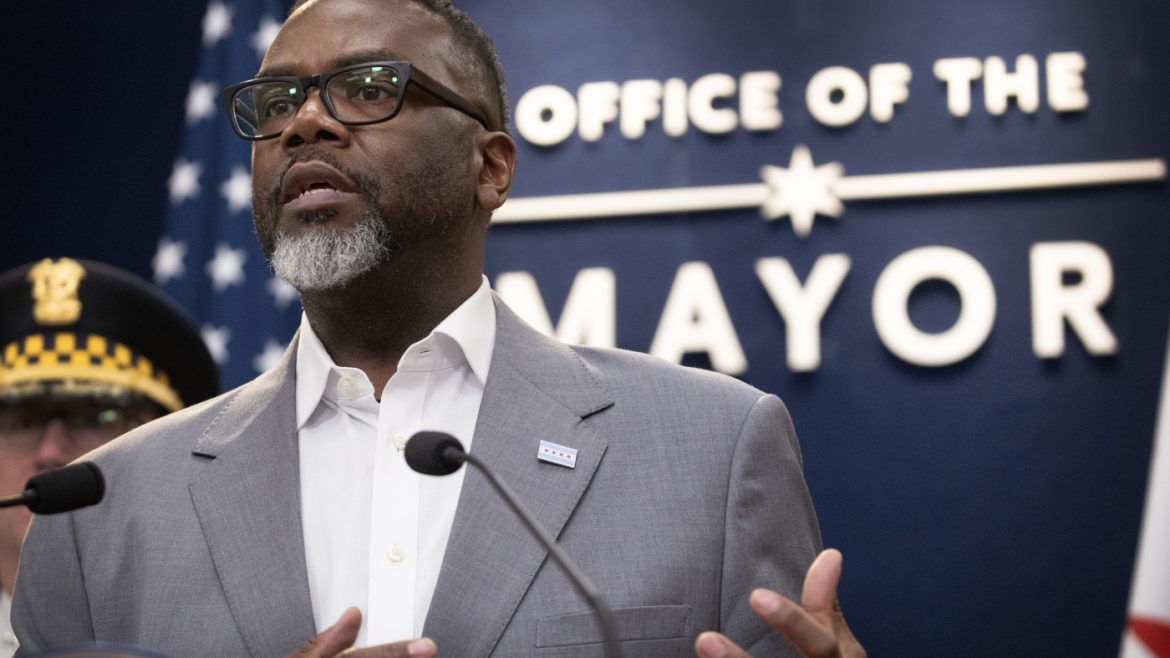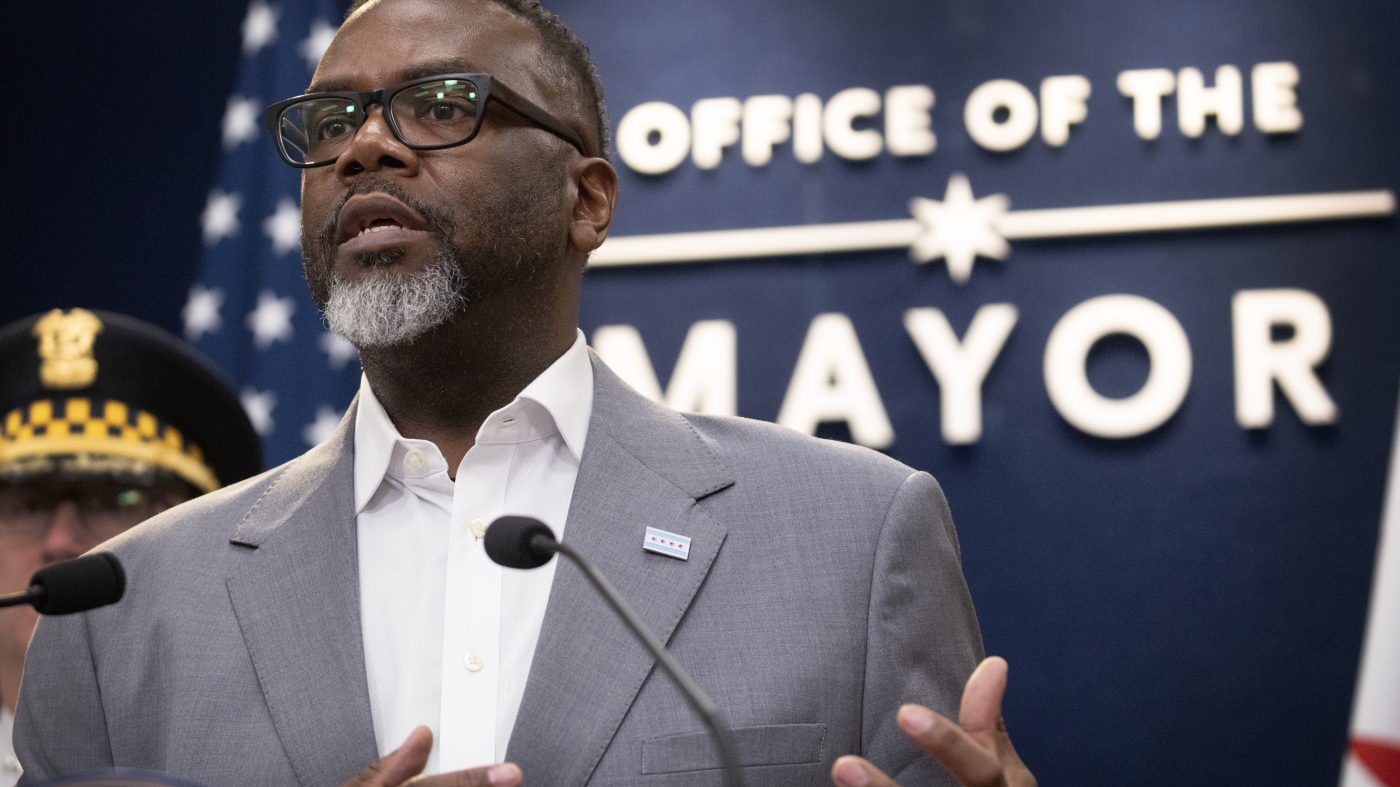The ongoing conflict between Chicago’s municipal leadership and the U.S. Department of Justice (DOJ) has culminated in a high-profile civil rights investigation that shines a sharp spotlight on race, hiring practices, and political dynamics in America’s third-largest city. This report unpacks the background, key developments, and broader implications of the DOJ’s probe of Chicago’s hiring practices following remarks by Mayor Brandon Johnson about the racial makeup of his administration.
Context and Catalyst: Mayor Johnson’s Remarks on Diversity
The DOJ investigation was triggered by comments Mayor Brandon Johnson made during a church event, where he praised the racial diversity within his administration. Johnson highlighted that approximately 45% of his administration’s personnel identify as Black, 25% as Latino, 30% as white, and 8% as Asian. He contrasted this with earlier administrations, noting a significant shift from previously white-majority staff compositions to a more racially diverse leadership team.
These remarks quickly drew not only local attention but also scrutiny at the federal level. The DOJ’s Civil Rights Division, under the current administration which has maintained policies from the prior Trump administration, announced a formal investigation into the city’s hiring practices based on allegations of potential race-based discrimination.
DOJ Probe and Political Overtones
The DOJ’s announcement framed the inquiry as a “pattern or practice” investigation, a legal mechanism typically employed to examine whether an entity consistently engages in discriminatory practices. According to letters received by the mayor’s office, there is “reasonable cause” to believe race was a sole basis for certain hiring decisions. This investigation aligns with a broader pattern of federal probes into liberal cities and officials perceived as promoting race-conscious hiring.
Mayor Johnson and his team have vehemently rejected the claims, labeling the investigation as the Trump administration’s latest attack on diversity and progressive governance. Johnson characterized the probe as a “divisive tactic” intended to undermine efforts to build an inclusive government that reflects Chicago’s multicultural population.
The political dimension cannot be overlooked. This probe occurs amidst heightened tensions between Republican-led federal entities and Democratic city governments, spotlighting ideological battles over affirmative action, equity, and race relations.
Examining the Data and Diversity Claims
According to Chicago’s official employment data cited by the mayor’s office, roughly 30.5% of city employees identify as white, and 34.3% identify as Black. These figures suggest the administration is actively engaged in efforts to diversify its workforce significantly.
Johnson’s administration proudly claims to have the most diverse leadership in Chicago’s history, emphasizing that their staffing decisions are designed to break historical patterns of underrepresentation of Blacks and other minorities in city government.
However, the DOJ appears scrutinous of any hiring decisions that seem to prefer race as a primary factor, potentially viewing such practices as exclusionary toward other groups, including whites. This confrontation highlights the legal and philosophical complexities surrounding affirmative action policies in government employment, where efforts to address historical inequities often collide with interpretations of discrimination law.
Implications for Civil Rights and Municipal Governance
This investigation touches on several critical issues:
Conclusion: Navigating a Contentious Crossroads
The DOJ’s probe into Chicago’s hiring practices following Mayor Brandon Johnson’s remarks epitomizes the complex intersection of race, law, and politics in public employment. It challenges how cities pursue diversity within the confines of anti-discrimination statutes and raises urgent questions about federal oversight and political intent.
What remains clear is that Chicago stands at the forefront of America’s ongoing struggle to reconcile historical injustices with laws designed to prevent new injustices. The outcome of this investigation will not only shape Chicago’s hiring policies but may also set significant precedents for how cities nationwide advance diversity without crossing legal boundaries.
Mayor Johnson’s refusal to back down signals a belief that fostering inclusion is worth the political firestorm, reinforcing the broader narrative that city administrations today are battlegrounds for fundamental debates over race, equity, and justice in the United States.


